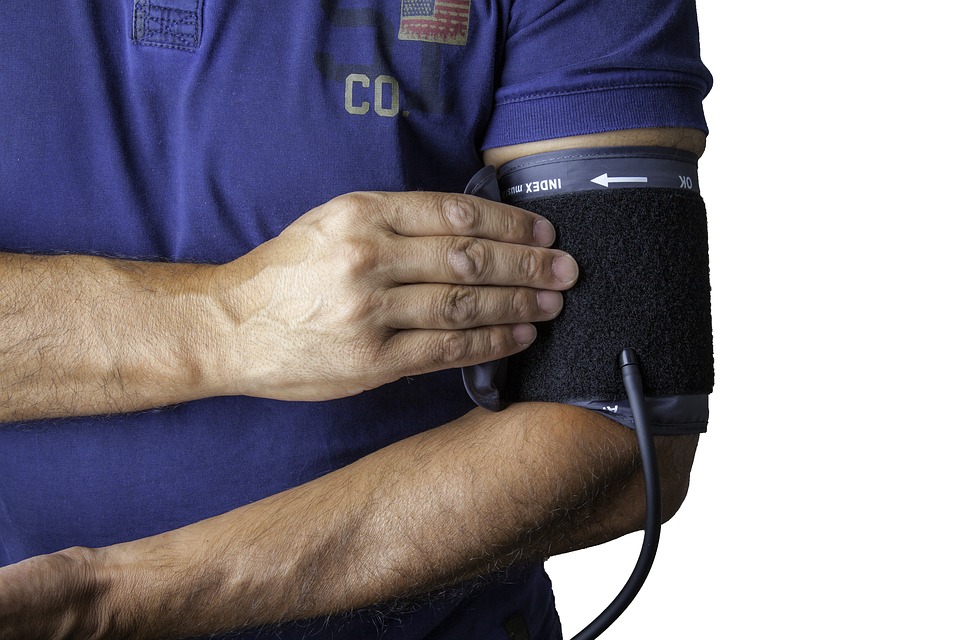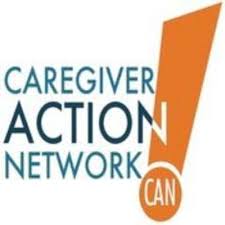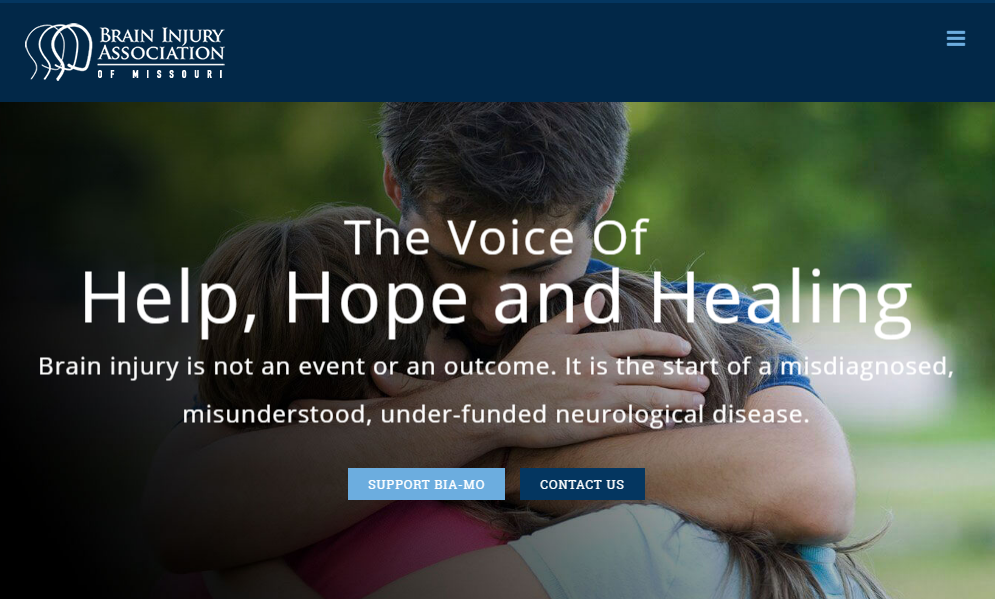A Heart-to-Heart With The Check It! Challenge

By Madelyn Alexander, Communications Director at American Heart Association – St. Louis Chapter
The American Heart Association hopes to make a difference for St. Louisans battling a top health threat — high blood pressure, a leading cause of cardiovascular disease in the country with the citywide Check It! STL Challenge.
With the recent update to blood pressure guidelines, nearly half of U.S. adults are considered to have high blood pressure — with the biggest increase in new cases among men and women under age 45.
Through Check It! STL, the association, with the support of local sponsors Express Scripts Foundation and Emerson, are encouraging individuals, companies and organizations throughout St. Louis to focus on knowing and improving blood pressure by joining the Check It! STL Challenge.
The challenge is modeled after “Check. Change. Control.”, which is a four-month long evidence-based program that couples health lessons with bi-monthly blood pressure readings focusing on self-monitoring. The goal is to lower systolic blood pressure by an average of 10mmHg among participants with high blood pressure.
“Since high blood pressure is generally a symptomless condition, the only way to know your numbers is to have your pressure checked,” said Dr. Jin Moo Lee, American Heart Association St. Louis Board President. “We’re interested in helping people take charge of their heart health by understanding the factors that play into high blood pressure and taking steps to make changes that matter.”
Missouri ranks in the top 15 of states having the highest high blood pressure rates, according to the Centers for Disease Control. African Americans are more likely to have high blood pressure at younger ages, and blacks, along with Hispanic Americans, are less likely to have their blood pressure under control, according to recent research.
Companies, community partners and individuals can accept the challenge by signing up at heart.org/CheckItSTL.
Editor’s note: Allsup helps individuals living with heart disease and other disabilities apply for SSDI and return to work.
Allsup
Related Articles

Uncategorized
Helping Family Caregivers With What They Need to Know

Uncategorized
Understanding MS and Disability Benefits

Uncategorized
BIA-MO Gets Real about Brain Injury Awareness

